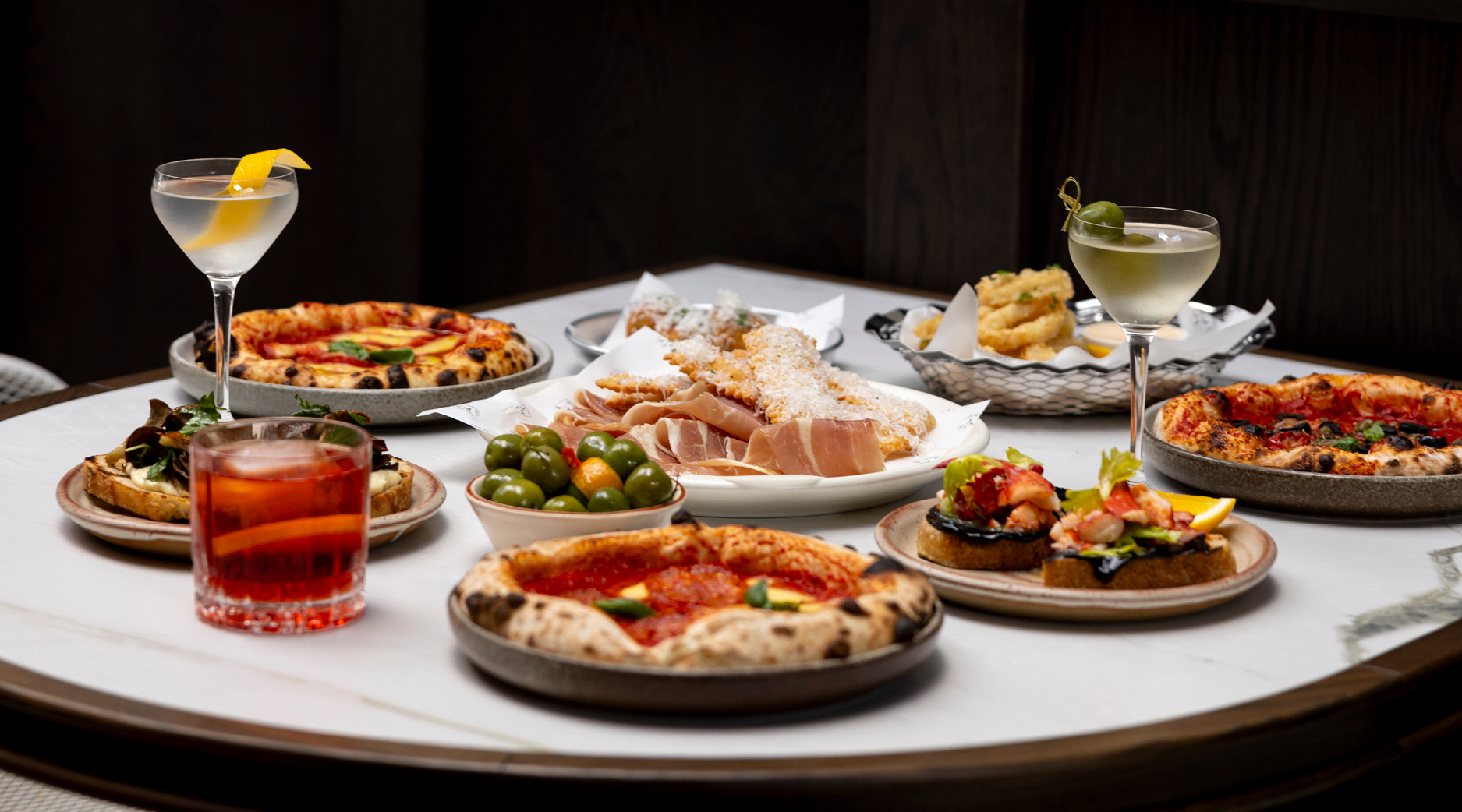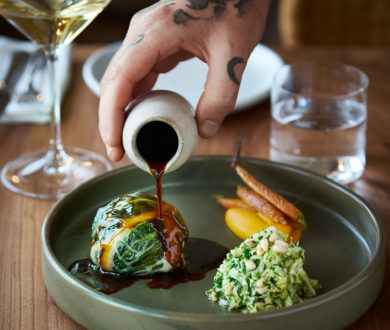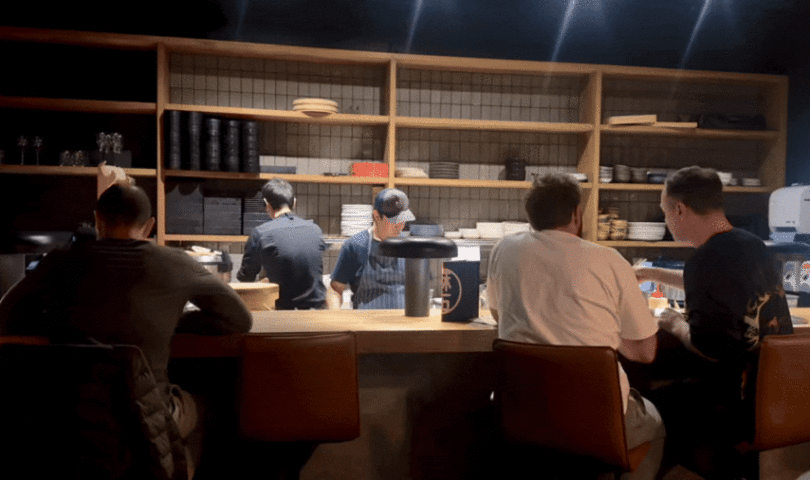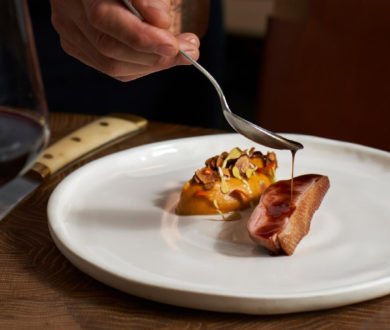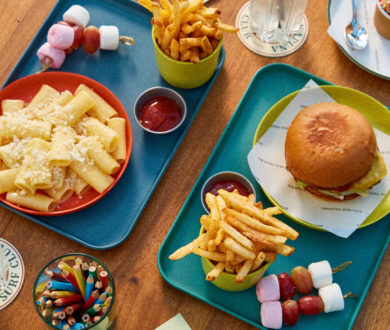Diners are increasingly opting for dishes designed for sharing. Whether it’s a selection of small plates or large dishes, the emphasis is on connection and communal experiences and it also helps with the economics of the evening.
Meanwhile, provenance has become more important than ever. Guests want to know where their food comes from, who produced it, and how it made its way onto the plate. Expect to see more menus proudly showcasing locally sourced ingredients, reinforcing New Zealand’s reputation for world-class produce.
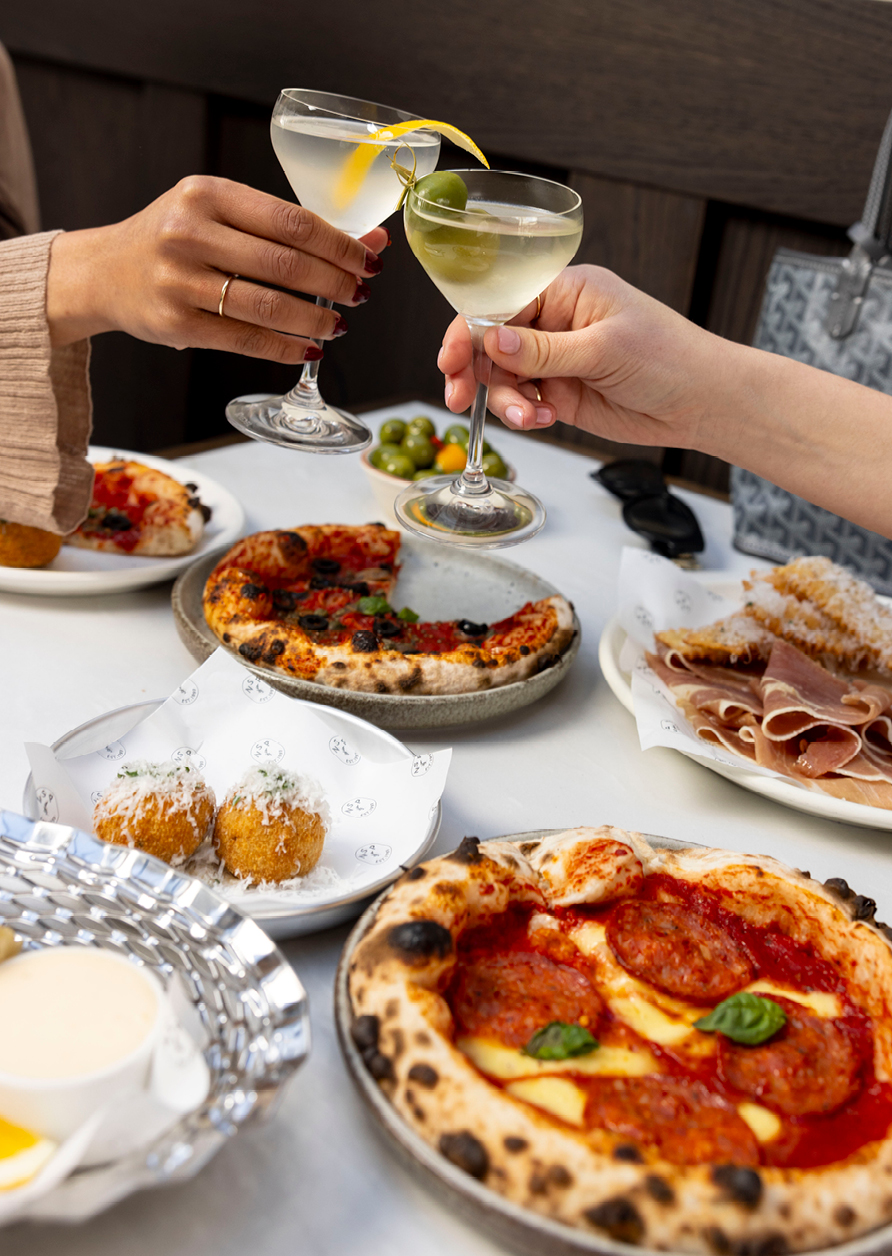
❝
Shared plates go beyond a trend — they bring people together, and no one does it better than the Italians, or NSP.
❞
Justyna White, Operations Manager, Non Solo Pizza
74%
enjoy the philosophy of sharing is caring when it comes to a meal
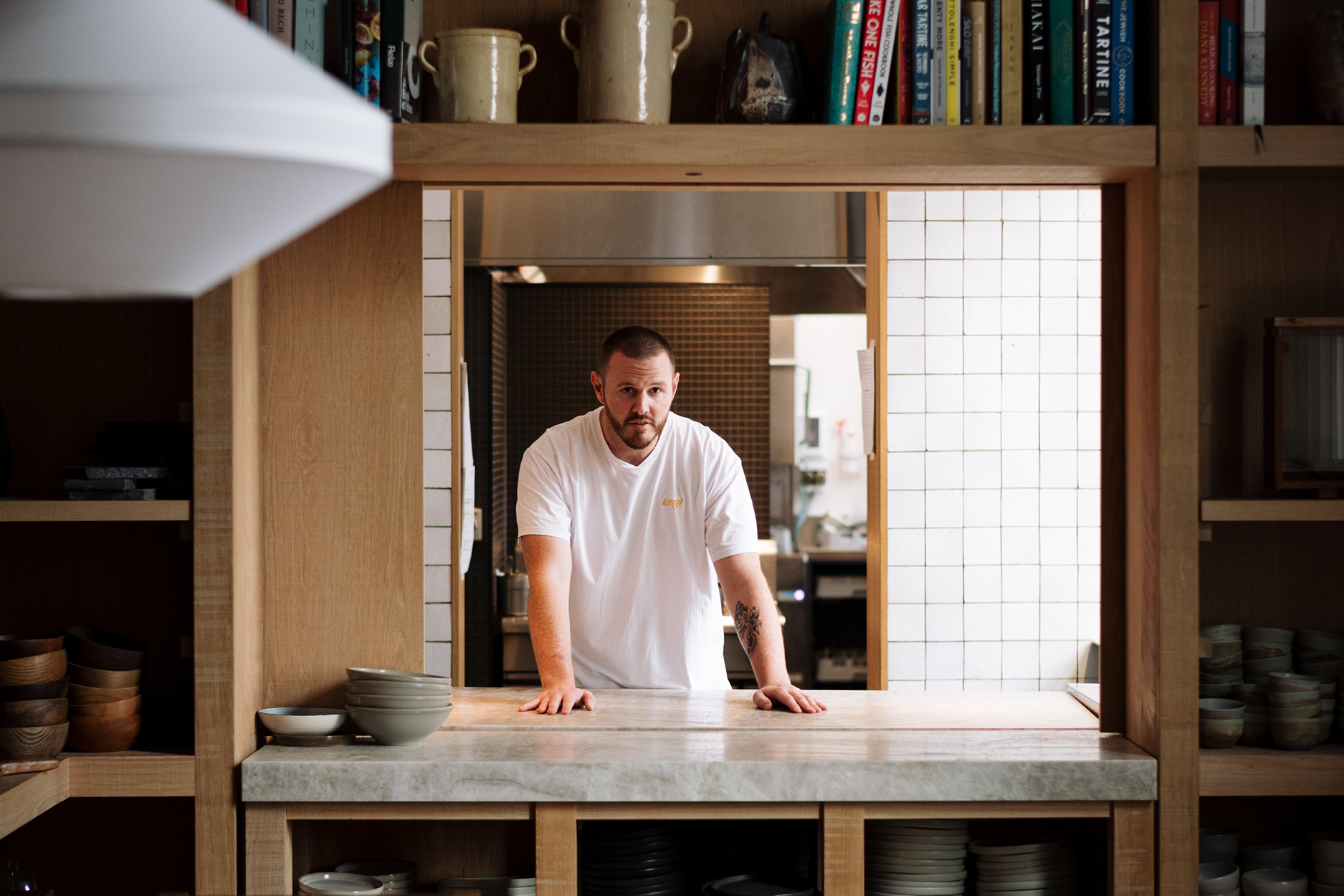
❝
Our locally sourced menu connects diners to the community, supporting local farmers and reducing environmental impact.
We believe food tastes better when you know where it comes from, so we make a concerted effort to engage and inform our guests about the fishing techniques, methods, and locations of the anglers and farmers sourcing our produce. Our fish is line-caught from surrounding waters, ensuring the future abundance of fish stocks.
❞
Andrew Lautenbach, Executive Chef, The Hotel Britomart / Kingi
68%
of diners are keen to celebrate our world-class locally produced ingredients
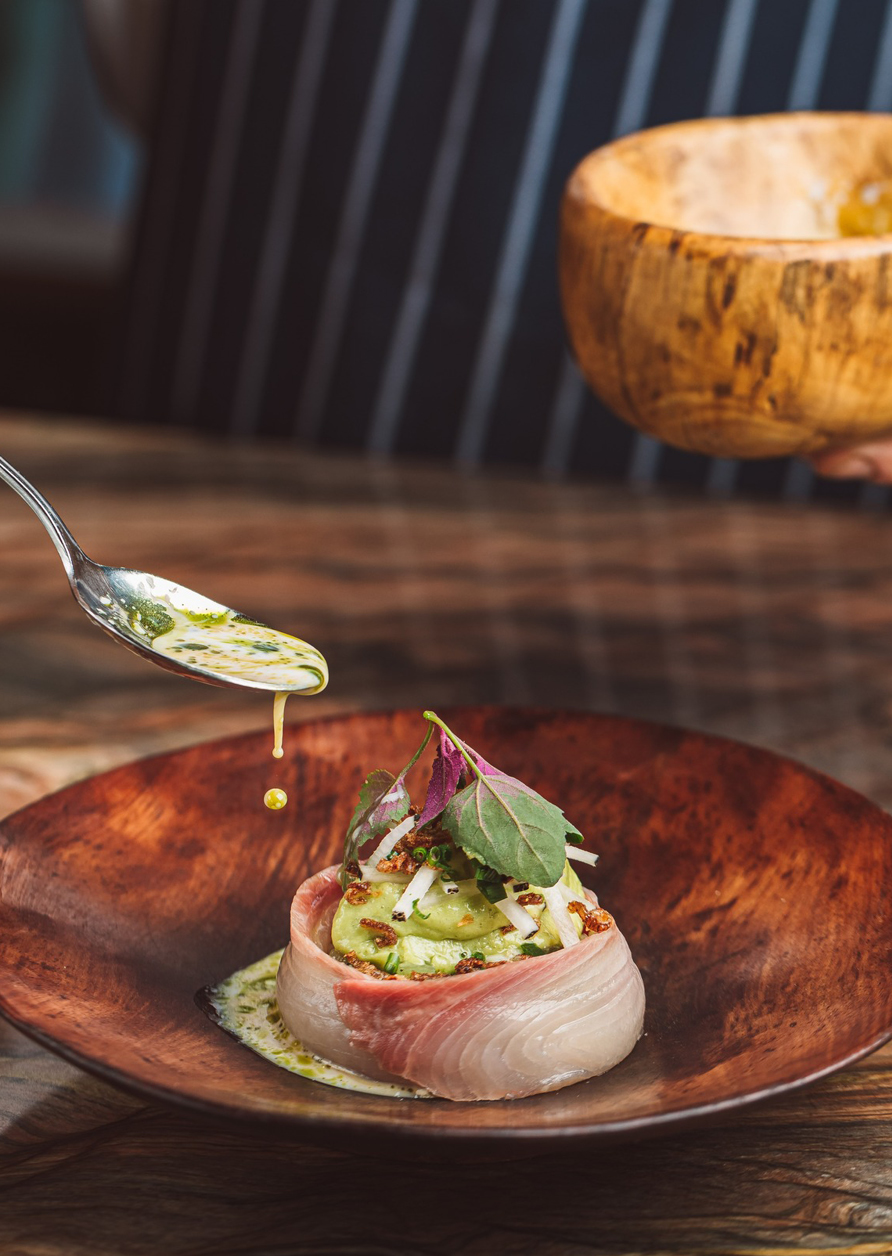
❝
The most exciting part is experimenting and sharing the best that New Zealand has to offer. We have the ability to become world-renowned, thanks to the quality and diversity of our local ingredients.
❞
Ben Bayly, Executive Chef, Ahi
AI in hospitality: A friend, not a foe
While AI has sparked plenty of debate across industries, Auckland’s hospitality professionals are embracing it — not as a replacement for human talent, but as a powerful tool to drive cost efficiencies and minimise food waste. With rising costs continuing to challenge restaurants, AI is being leveraged to streamline processes, optimise inventory, and reduce unnecessary waste — a crucial shift in an industry where margins are notoriously tight. From predictive ordering systems that ensure kitchens are stocked just right to thoughtful menu planning that adjusts based on seasonality and availability, technology is proving to be a silent but powerful force in keeping restaurants running smarter. This integration is largely invisible to diners, but its impact is tangible. Tighter cost control means restaurants can continue offering value-driven menus without compromising quality, while more intelligent ingredient management means fresher, more sustainable dining experiences.


